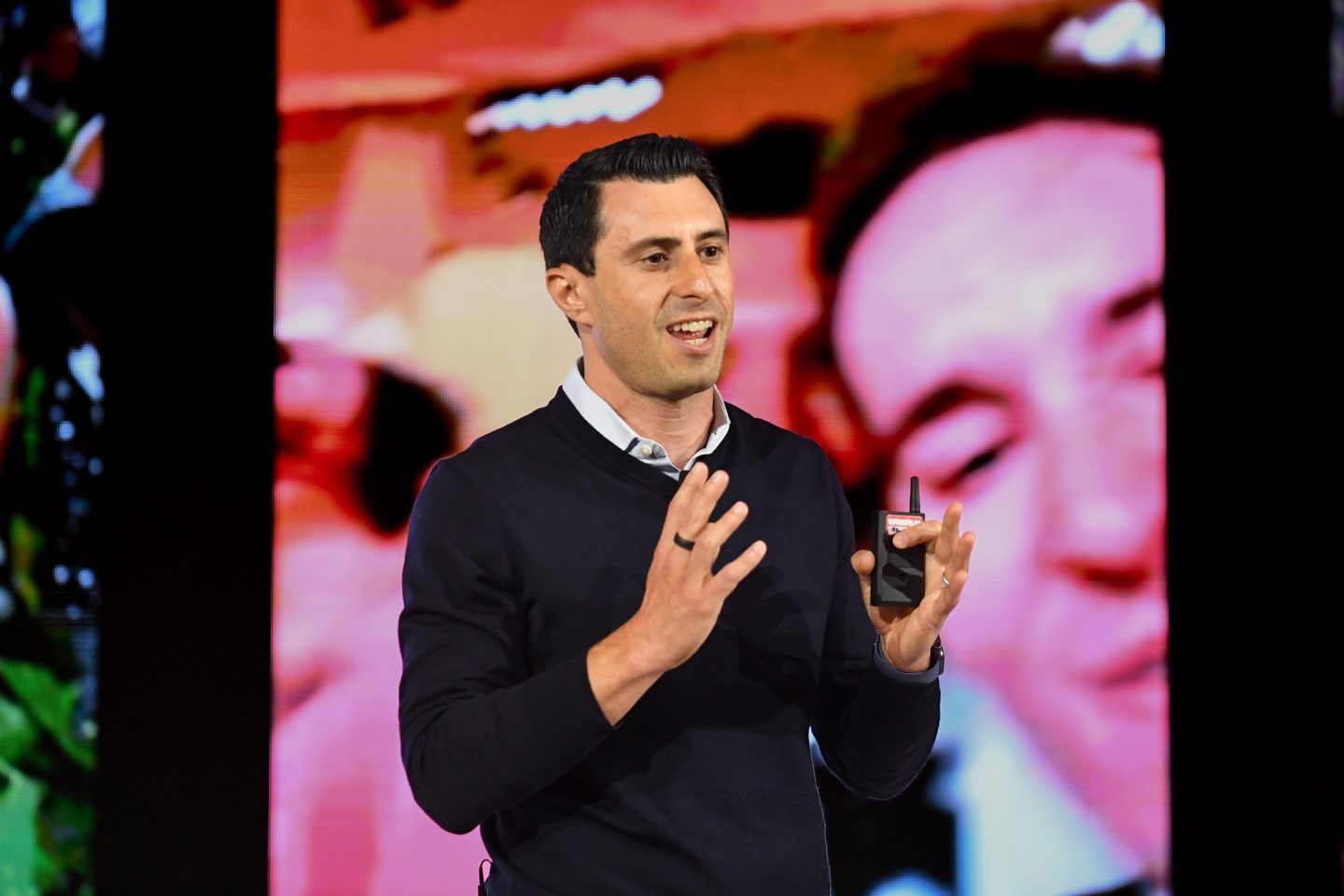The White House will gather U.S. State and local officials next month to urgently craft a plan to attack the notoriously hard-to-control mosquito that spreads the Zika virus ahead of its peak season.
By June or July, federal health officials expect the continental United States will see its first locally transmitted cases of the Zika virus, which has been linked to thousands of suspected cases of microcephaly, a rare birth defect, in Brazil.
The White House is inviting officials involved in mosquito control and public health to an April 1 summit at the Atlanta headquarters of the U.S. Centers for Disease Control and Prevention to talk about how best to track and control the spread of the virus, and respond when people are affected.
“The best-case scenario here is that we could either limit local transmission, or get ahead of it and contain it as soon as possible,” said Amy Pope, the deputy assistant for homeland security for President Barack Obama, in an interview.
While most people bitten by an infected insect experience only mild illness, pregnant women need to take extra precautions, the CDC has said. Scientists are also studying a potential link between Zika and Guillain-Barre, a rare neurological disorder that can cause paralysis.
More than a dozen suspected cases of sexual transmission, and one case of suspected transmission through a blood transfusion have raised questions about other ways that Zika may spread.
The CDC had originally expected localized outbreaks of zika in some southern states through local transmission, and said widespread use of air conditioning, window screens and regular garbage collection would mitigate the risk.
“We’ve had surprises,” said Dr. Anne Schuchat, the CDC’s principal deputy director, noting the suspected cases of sexual transmission may prompt the agency to reassess its projections.
“We’re in a posture of knowing that time is precious and collaboration is essential,” Schuchat said in the interview.The outbreak has already affected large parts of Latin America and the Caribbean. The World Health Organization estimates Zika could eventually affect as many as 4 million people in the Americas.
The outbreak has already affected large parts of Latin America and the Caribbean. The World Health Organization estimates Zika could eventually affect as many as 4 million people in the Americas.
There have already been more than 100 cases in Puerto Rico, with thousands more expected this year, Schuchat said.
“We are extremely concerned about Puerto Rico,” she said.
CDC Director Thomas Frieden on Monday will make his first trip to the island territory since the outbreak to spend a few days talking with government officials and CDC workers about the spread, she said.
Much remains unknown about Zika, including whether the virus actually causes microcephaly in babies, a condition defined by unusually small heads that can result in developmental problems. Brazil said it has confirmed more than 640 cases of microcephaly, and considers most of them to be related to Zika infections in the mothers. Brazil is investigating more than 4,200 additional suspected cases of microcephaly.
The species of mosquito that carries Zika likely will begin to emerge in the continental United States in April or May.
“It’s hardy. It lives in dark corners. It’s resilient,” Pope said, noting communities across the country have different approaches to controlling the insect.
“While individual communities may have their own plans, there’s no coordinated planning at this point, and we think that needs to happen,” she said.
Obama has asked the Republican-controlled U.S. Congress for more than $1.8 billion in emergency funding to fight the virus, but several top lawmakers have balked, saying he should first draw from other health funding.
“If we don’t get funding until after we see transmission in the United States, until after we see children born with birth defects, then we’re well behind the curve,” Pope said.












